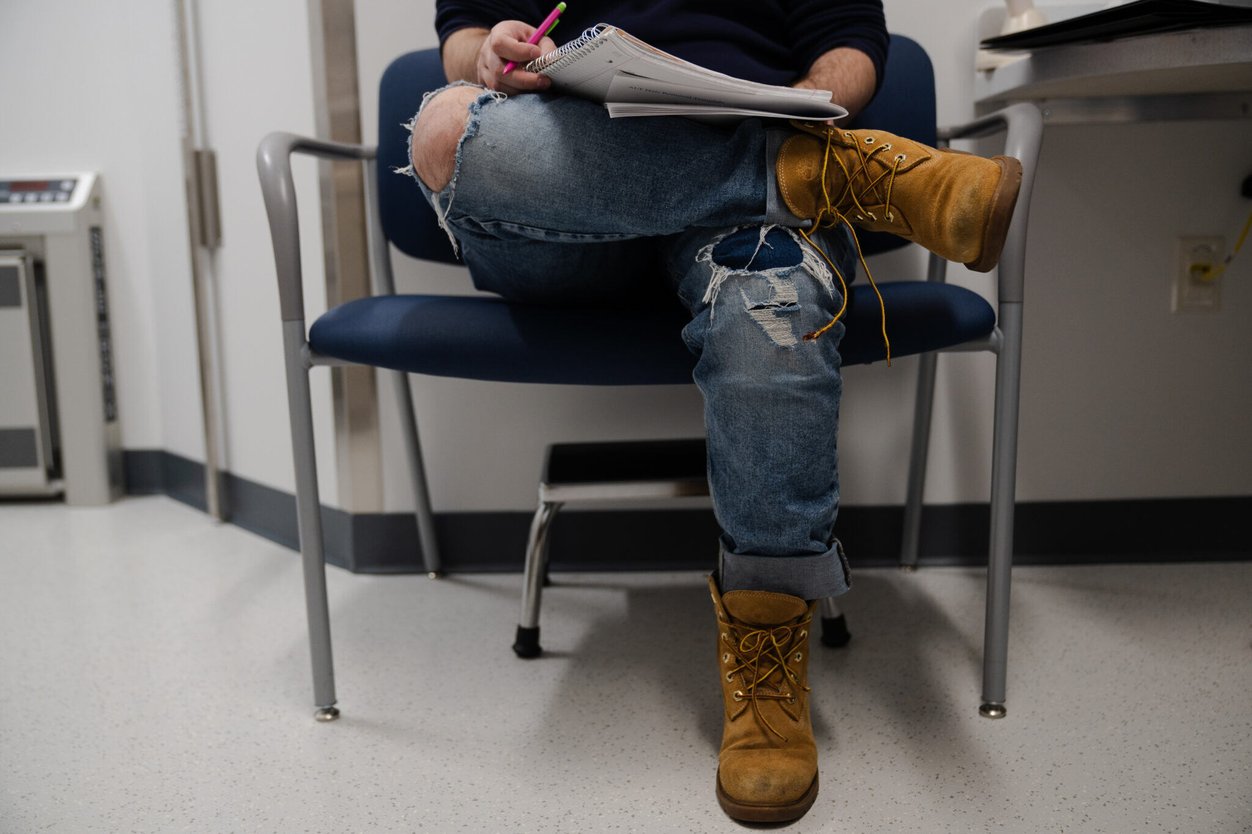LGBTQ+ Care
The renaissance of gender-affirming surgery, once again at risk

Sophie Park for STAT
For patients who receive gender-affirming surgery, the experience can feel like a rebirth. "I decided that the old me would die on the table and then the new me would come up from it," Wendy Grogan, a trans woman who recently pursued vocal and facial procedures, top surgery, and a vaginoplasty, told me.
Grogan is one of thousands of patients in the U.S. who receive gender-affirming surgery each year. The field has remarkably transformed in the past decade since insurance coverage started to open up. But trans people and their medical care have also become a major flashpoint in U.S. politics over the last few years. It's not the first time trans health care has been clawed back. Gender-affirming surgeries almost disappeared in the U.S. after the country's first dedicated clinic closed in 1966. Now, patients and clinicians alike are worried about what the future holds for a surgical specialty that's finally beginning to come into its own.
Read more in my story on some of the most impressive and rewarding procedures in medicine. I'm still thinking about one 19-year-old patient I met, pictured above, during his first phalloplasty consultation. (And for a hint at how long it actually takes to get these surgeries — that meeting was a year ago this month, and that person still hasn't had his first procedure yet.)
first opinion
Women are supposed to be screened for incontinence. Why aren't they?
Did you know that more than half of adult women in the U.S. live with bladder and/or bowel leaks? Here's another fact that I didn't know: Incontinence is a progressive condition, meaning that without treatment, it can get worse. Nearly every relevant professional medical group recommends screening women for incontinence, but it rarely happens. Why?
"The reasons are inherent to the fabric of our health care system," write two physicians in a new First Opinion essay. And there are more consequences than shame or embarrassment: When left untreated, incontinence is associated with major negative health outcomes. Advertisements for adult diapers and other quick fixes may normalize the experience, but effective treatments exist. Read more on why the U.S. health care system needs to think differently about women's pelvic floor.
good news
A record-breaking kidney transplant chain
Last week, surgeons at Ohio State's transplant center set an institutional record for a synchronized chain of kidney transplants. Over two days, they transplanted kidneys from 10 donors into 10 recipients. The "chain" begins with one person donating their kidney to an unknown recipient. Each of the recipients had a loved one whose organ wasn't a match for them, but which did match with someone else in need of a kidney along the chain.
Nationwide, there are currently more than 90,000 people on the transplant waitlist in need of a kidney. "This kidney chain removed ten patients from the transplant waitlist, which will hopefully shorten the wait for others," Amer Rajab, the surgical director of kidney transplantation who led the chain and performed six of the donor surgeries, said in a press release. The successful transplants from living donors occurred just days after the third completed pig-to-human kidney transplant was announced in New York.


No comments